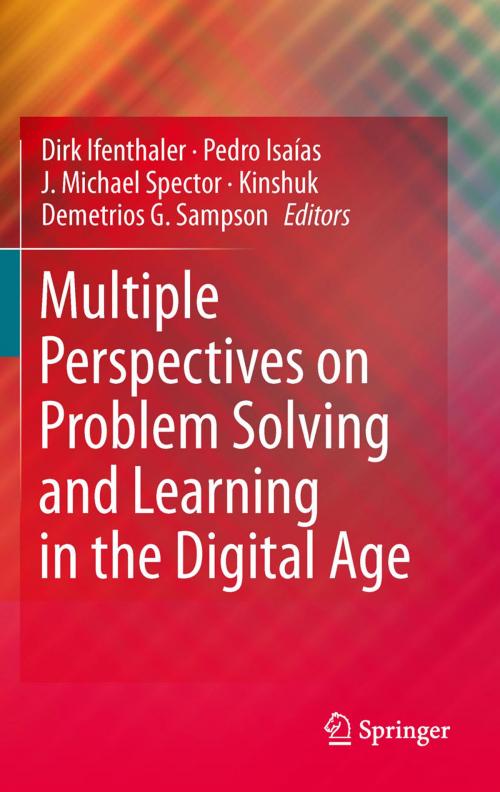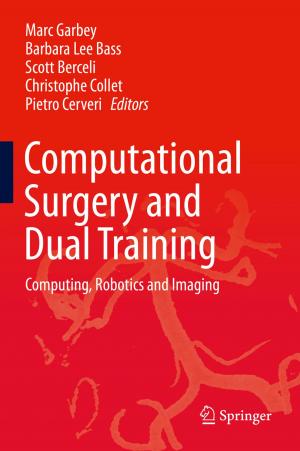Multiple Perspectives on Problem Solving and Learning in the Digital Age
Nonfiction, Reference & Language, Education & Teaching, Teaching, Computers & Technology, Educational Theory, Educational Psychology| Author: | ISBN: | 9781441976123 | |
| Publisher: | Springer New York | Publication: | November 15, 2010 |
| Imprint: | Springer | Language: | English |
| Author: | |
| ISBN: | 9781441976123 |
| Publisher: | Springer New York |
| Publication: | November 15, 2010 |
| Imprint: | Springer |
| Language: | English |
This edited volume with selected expanded papers from CELDA (Cognition and Exploratory Learning in the Digital Age) 2009 (http://www.celda-conf.org/) addresses the main issues concerned with problem solving, evolving learning processes, innovative pedagogies, and technology-based educational applications in the digital age. There have been advances in both cognitive psychology and computing that have affected the educational arena. The convergence of these two disciplines is increasing at a fast pace and affecting academia and professional practice in many ways. Paradigms such as just-in-time learning, constructivism, student-centered learning and collaborative approaches have emerged and are being supported by technological advancements such as simulations, virtual reality and multi-agents systems. These developments have created both opportunities and areas of serious concerns. This volume aims to cover both technological as well as pedagogical issues related to these developments.
This edited volume with selected expanded papers from CELDA (Cognition and Exploratory Learning in the Digital Age) 2009 (http://www.celda-conf.org/) addresses the main issues concerned with problem solving, evolving learning processes, innovative pedagogies, and technology-based educational applications in the digital age. There have been advances in both cognitive psychology and computing that have affected the educational arena. The convergence of these two disciplines is increasing at a fast pace and affecting academia and professional practice in many ways. Paradigms such as just-in-time learning, constructivism, student-centered learning and collaborative approaches have emerged and are being supported by technological advancements such as simulations, virtual reality and multi-agents systems. These developments have created both opportunities and areas of serious concerns. This volume aims to cover both technological as well as pedagogical issues related to these developments.















